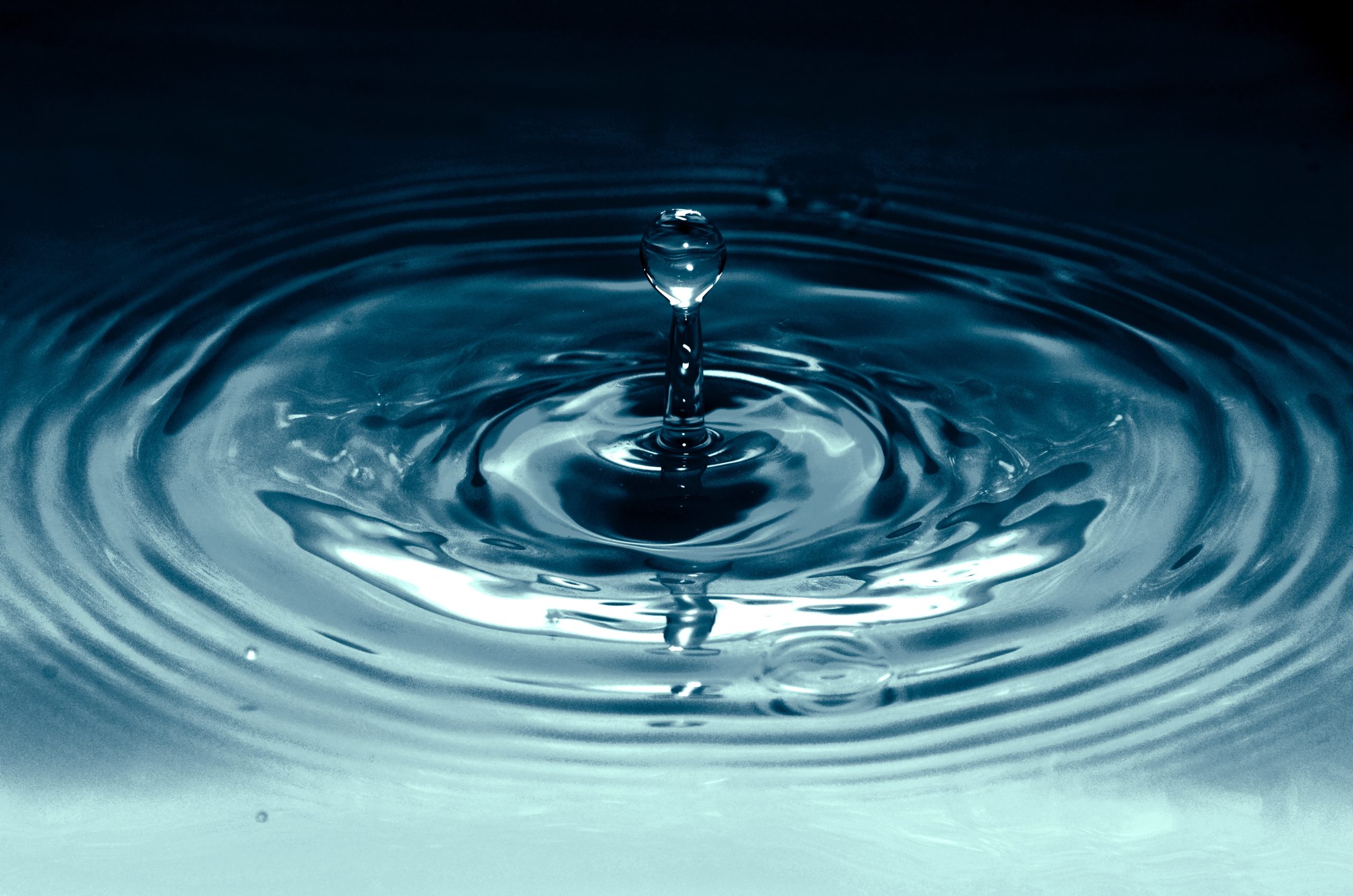The Okanagan Basin Water Board (OBWB) and Aqua Forum have announced the finalists of the 2020 B.C. AquaHacking Challenge.
Participants, including judges and mentors, logged in remotely to the 2020 B.C. AquaHacking Challenge Semi-Final on March 21, 2020.
“In the space of five days, a completely in-person science fair-style event with close to 100 participants, plus judges, mentors, advisory committee members, sponsors, plus the public, was transformed to be delivered entirely virtually,” said Dominique Monchamp, chief operating officer of Aqua Forum. “It is truly remarkable. The reality of COVID-19 is devastating, and the commitment of those who helped make the semi-final a success demonstrates our resilience when we come together as a community.”
“I was really moved by the pitches we saw,” added Anna Warwick Sears, executive director of OBWB. “It was inspiring to see young people come together to make the semi-final happen under these circumstances. Teams had to revamp their presentations to be delivered remotely and what they came back with was fantastic.”
During the semi-final event, 20 teams from across Canada pitched solutions to some of B.C.’s greatest water challenges that were identified by industry leaders. The challenges include: contaminants in stormwater, outdoor water conservation, flood damage and risks, invasive zebra and quagga mussels, and access to potable water in Indigenous communities.
Of the 20 teams, five finalists were selected to proceed to the next stage:
- Atlantis (UBC Vancouver, University of Victoria, and Simon Fraser University): This team developed an interactive online platform that makes flood risk information more accessible to the public, is adaptable to changing climate scenarios, and is able to integrate public sourced information.
- Ozero (Sherbrooke University): This team developed a technology to decontaminate ballast water in sport boats to prevent propagation of zebra and quagga mussels in freshwater.
- Elite (UBC Okanagan): This team developed a gravity-based filtration system that removes oil, dust, and petroleum contaminants from water.
- Hydrodynamic Labs (UBC Okanagan): This team developed an engineering solution, which can be adapted to the land contour, to collect debris, waste, and sediment as it flows over urban landscape in times of high water events.
- Agricultural Decision Support (University of Victoria and Queens University): This team developed a digital simulated platform that provides feedback to policy makers on the efficacy of farm incentives that aim to conserve water and manage nutrients to protect water quality.
“Their proposals will make a difference in the Okanagan [and help] us address the effects of a growing population and climate change, and the impacts these are having on stormwater, the spread of invasive mussels, and flood risk to our communities,” said Sears.
These teams will now compete for $50,000 in seed funding and for placement in a start-up incubator to further refine their solution and bring it to market.
“Meaningful initiatives like those that focus on the health of our freshwater help us all stay grounded in these unprecedented times,” Monchamp said. “These finalists, and their innovative solutions, are the future of water management in Canada. We honour their creativity and commitment and are working now to ensure we see the B.C. AquaHacking Challenge through to the final, by leveraging technology with virtual events. Stay tuned!”









